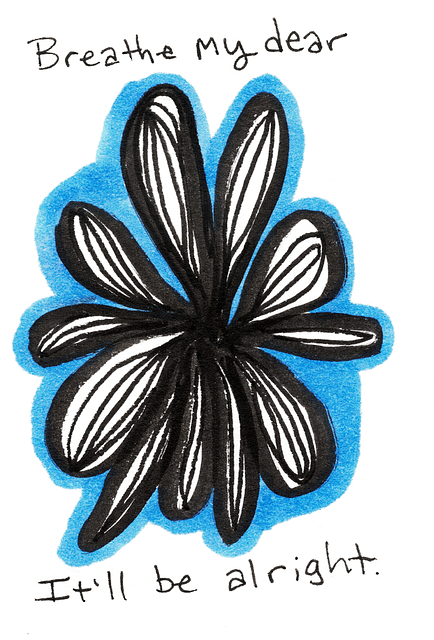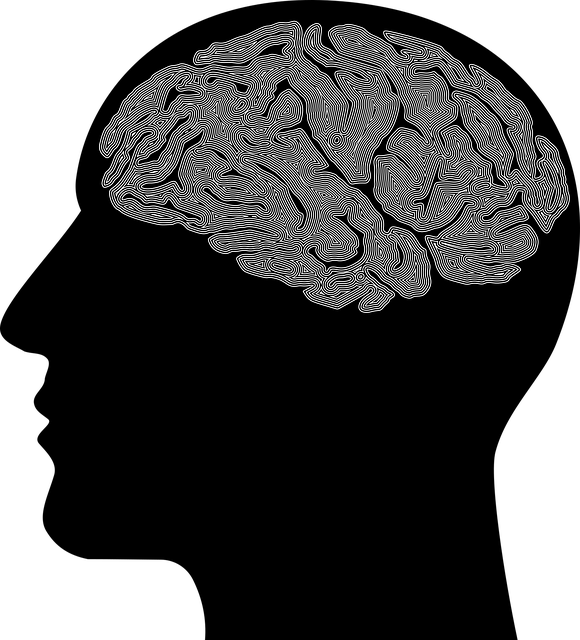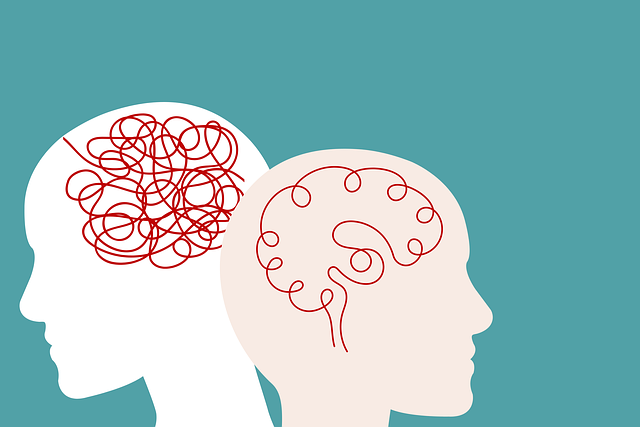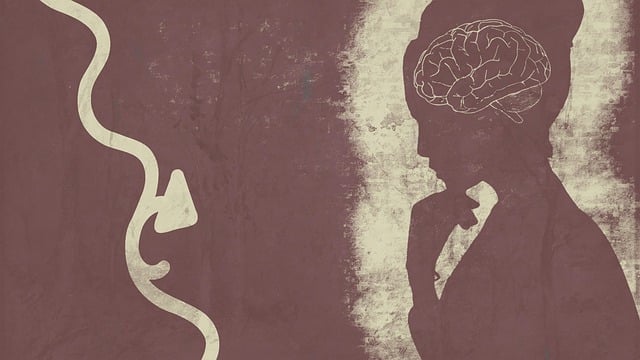Understanding Mood Regulation explores the power of Parker International Adoptions Therapy (PIAT) in managing emotions. PIAT, an integrated approach, identifies the link between feelings, thoughts, and behaviors, empowering individuals to take control over their mood and build inner strength. By documenting emotional responses, recognizing environmental triggers, and adopting coping skills, people can proactively navigate mood regulation challenges. Cognitive restructuring, mindfulness, relaxation techniques, and lifestyle adjustments are key PIAT strategies for improving mental health and overall well-being, with a focus on fostering emotional resilience and self-esteem.
Mood regulation is a vital skill for navigating life’s challenges. This comprehensive guide explores various strategies to help manage and enhance emotional well-being. We delve into the foundational concepts of Parker International Adoptions Therapy, offering insights into understanding and mitigating mood swings. By identifying triggers, employing cognitive techniques, adopting mindfulness practices, and making lifestyle changes, individuals can gain greater control over their emotional state. Discover practical steps towards a more balanced and resilient mind.
- Understanding Mood Regulation: The Role of Parker International Adoptions Therapy
- Identifying Triggers: Recognizing Patterns and Environmental Factors
- Cognitive Techniques: Challenging Negative Thoughts with PT Strategies
- Mindfulness and Relaxation: Cultivating Present-Moment Awareness
- Lifestyle Adjustments: Diet, Exercise, and Sleep for Emotional Balance
Understanding Mood Regulation: The Role of Parker International Adoptions Therapy

Understanding Mood Regulation: The Role of Parker International Adoptions Therapy
Mood regulation is a complex process that involves managing and maintaining emotional balance. In today’s fast-paced world, where stress and pressure are prevalent, effective mood management strategies have become essential for overall well-being. Parker International Adoptions Therapy (PIAT) stands as a beacon of hope for individuals seeking to navigate their emotions healthily. This innovative approach recognizes that our feelings are deeply interconnected with our thoughts and behaviors, and by addressing these aspects, it empowers people to gain control over their mood and foster inner strength development.
PIAT focuses on helping clients understand the underlying causes of emotional distress, aiming to provide long-lasting anxiety relief. Through a series of strategic interventions, this therapy facilitates personal growth and resilience. By teaching individuals to adopt healthier coping mechanisms, PIAT equips them with valuable tools for managing life’s challenges. As a result, clients can enhance their ability to regulate mood, leading to improved mental health and overall quality of life.
Identifying Triggers: Recognizing Patterns and Environmental Factors

Recognizing patterns in your emotional responses is a crucial first step in identifying triggers for mood regulation challenges. By keeping a journal and reflecting on your feelings, thoughts, and behaviors, individuals can start to uncover recurring scenarios or environments that set off specific emotional reactions. For example, someone might realize they feel anxious in crowded places or become irritable after certain types of conversations. This self-awareness allows for proactive navigation using evidence-based strategies like those offered by Parker International Adoptions Therapy.
Environmental factors play a significant role in mood regulation, and understanding these can empower individuals to make positive changes. This might involve restructuring one’s physical surroundings or cultivating coping skills to better manage external influences. For instance, introducing practices such as Compassion Cultivation or Resilience Building can help foster emotional flexibility and enhance an individual’s ability to navigate stressfully situations with grace and composure.
Cognitive Techniques: Challenging Negative Thoughts with PT Strategies

Cognitive Techniques, such as those employed by Parker International Adoptions Therapy (PT), play a pivotal role in mood regulation. By challenging and reframing negative thoughts, individuals can gain a more balanced perspective on their emotions. PT strategies encourage active identification of distorted thinking patterns and offer alternative, more realistic interpretations. This process empowers people to manage their moods effectively, breaking the cycle of negative thought spirals.
These techniques are particularly beneficial in trauma support services, fostering self-esteem improvement and empathy building strategies. By addressing underlying cognitive issues, individuals can develop healthier coping mechanisms and enhance their emotional resilience. The goal is not just to suppress negative emotions but to understand and integrate them into a more holistic view of oneself, leading to improved mental well-being.
Mindfulness and Relaxation: Cultivating Present-Moment Awareness

Cultivating present-moment awareness through mindfulness and relaxation practices has emerged as a powerful tool in mood regulation strategies, particularly in the context of Parker International Adoptions Therapy. Mindfulness encourages individuals to focus on the here and now, observing their thoughts and emotions without judgment. This simple yet profound shift can significantly reduce stress and anxiety, two common contributors to emotional turmoil. By fostering a deeper connection with the present, individuals learn to disengage from ruminative thinking and negative emotional spirals.
Relaxation techniques, such as deep breathing exercises and progressive muscle relaxation, complement mindfulness by promoting physical calmness. These practices help lower cortisol levels, often referred to as the stress hormone, thereby influencing positive changes in mood and overall mental wellness. Crisis Intervention Guidance and Mental Wellness Coaching Programs Development often incorporate these strategies into their frameworks, recognizing their potential to enhance resilience and emotional stability. Additionally, the production of Mental Wellness Podcast Series can serve as a medium to share these practices with a broader audience, making them more accessible and normalizing their use in everyday life.
Lifestyle Adjustments: Diet, Exercise, and Sleep for Emotional Balance

Maintaining emotional balance is just as vital as physical health, and lifestyle adjustments play a significant role in achieving this equilibrium. A balanced diet, for instance, provides essential nutrients that support brain function and mental resilience. Incorporating foods rich in omega-3 fatty acids, vitamins B and D, and magnesium can enhance mood and reduce symptoms of anxiety and depression, according to research backed by the Parker International Adoptions Therapy.
Regular exercise is another powerful tool in mood regulation. Physical activity stimulates the release of endorphins, often referred to as ‘feel-good’ hormones, which can alleviate stress and improve overall well-being. Combining this with adequate sleep, which allows the body to rest and repair, enables a person to navigate daily stressors more effectively. Additionally, considering practices like Mindfulness Meditation and Confidence Boosting workshops through Stress Management Workshops Organization can offer valuable strategies for emotional management and personal growth.
Mood regulation is a multifaceted process that, when understood and practiced, can significantly enhance emotional well-being. Integrating strategies such as Parker International Adoptions Therapy, identifying and managing triggers, cognitive reframing, mindfulness, and lifestyle adjustments like diet, exercise, and sleep can create a powerful toolkit for navigating and stabilizing moods. By adopting these techniques, individuals can foster resilience, improve overall mental health, and lead more balanced lives.














